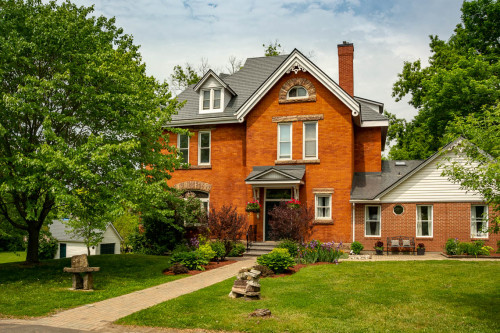
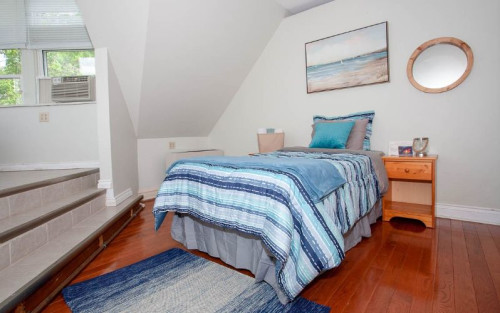
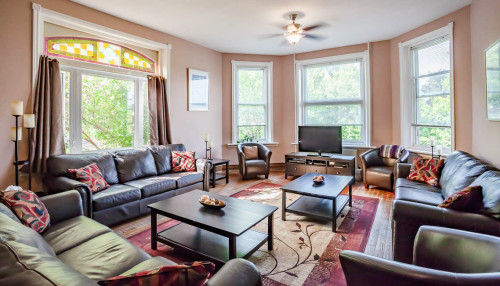




Newgate 180
Verified Center
This provider's information has been quality-checked by Recovery.com's Research Team for accuracy and completeness, including center verification through appropriate third-party organizations.
Treatment Focus
This center treats substance use disorders and co-occurring mental health conditions. Your treatment plan addresses each condition at once with personalized, compassionate care for comprehensive healing.
Primary Level of Care
Offering intensive care with 24/7 monitoring, residential treatment is typically 30 days and can cover multiple levels of care. Length can range from 14 to 90 days typically.
Treatment Focus
This center treats substance use disorders and co-occurring mental health conditions. Your treatment plan addresses each condition at once with personalized, compassionate care for comprehensive healing.
Primary Level of Care
Offering intensive care with 24/7 monitoring, residential treatment is typically 30 days and can cover multiple levels of care. Length can range from 14 to 90 days typically.
Private Pay
You pay directly for treatment out of pocket. This approach can offer enhanced privacy and flexibility, without involving insurance. Exact costs vary based on program and length of stay. Contact the center for specific details.
Newgate 180
Newgate 180
About Newgate 180
Newgate 180 is a not-for-profit centre located in the scenic town of Merrickville, Canada, far removed from the triggers and distractions of daily life. They’ve helped over 5,000 people from Canada, the US, and Western Europe over the past 50 years. Newgate 180 offers 2 gender-specific homes situated on the banks of the Rideau river. Nearly 70% of their programs are gender-specific, with a specialized women-only program delivered by a female clinical team to ensure that clients feel safe and supported. They offer a home-like setting with upscale accommodations and many amenities, including chef-prepared gourmet meals, a fully equipped fitness centre, art studio, and outdoor recreation.
Comprehensive and All-Inclusive One-Year Program
Newgate 180 specializes in addiction treatment of 8 different addictions. As a private not-for-profit organization, Newgate 180 offers immediate assistance and provides a personalized one-year treatment program consisting of 30-day residential treatment followed by 11 months of ongoing care. Their staff includes certified addiction counsellors, a naturopathic doctor, nurse practitioner, registered nurse, registered dietician, certified fitness instructor, yoga teacher and an in-house chef.
A Fully-Accredited Program Created to Treat the Mind, Body, and Soul
Newgate 180’s program was designed using both evidence-based and holistic therapies to treat a client’s entire self. Their program includes individual counselling, group therapy, educational lectures, exercise and relaxation therapy, peer support groups, and family and couples counselling. A specialized program is offered for families experiencing addiction, led by a case manager and relapse prevention counsellors. Newgate 180 also offers holistic treatments such as nutritional education, art sessions, acupuncture and cupping, Hatha yoga, personal wellness and recreation. Their recreational activities include canoeing, kayaking, horseshoes, volleyball, badminton, fishing, hiking, and bonfires.
Decades of Helping Clients Take Back Their Lives from Addiction
Newgate 180 has a proven 50-year history of addiction treatment, helping over 5,000 people from all walks of life. They offer weekly family sessions and continued support for loved ones. Registered service animals with the appropriate paperwork are allowed. As needed, Newgate 180 can make a contract to allow reasonable cell phone use. Newgate 180 is dedicated to restoring their clients’ dignity and hope for a better life, especially one free from their addiction.

Highlights from the Center
Highlights
These highlights are provided by and paid for by the center.
1-on-1 Counseling
Therapeutic Location
Accredited
Gender Separate Housing
Center Overview
Treatment Focus
This center treats substance use disorders and co-occurring mental health conditions. Your treatment plan addresses each condition at once with personalized, compassionate care for comprehensive healing.
Pricing and Program Length
Estimated Center Costs
The cost listed here ($20,000 CAN: 12 month all-inclusive program), is an estimate of program cost. Center price can vary based on program and length of stay. Contact the center for more information. Recovery.com strives for price transparency so you can make an informed decision.
Meet Your Care Team

Peter Kunst
Executive Director

Melissa Mordy
Office Manager

Brian Kerr
Program Director

Dale Campbell
Relapse Prevention and Continuing Care Case Manager
CCAC
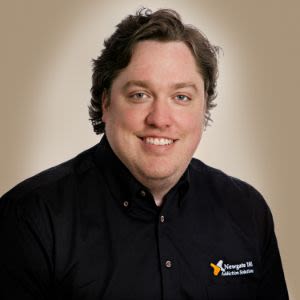
Michael Mackeigan
Case Manager
CYW
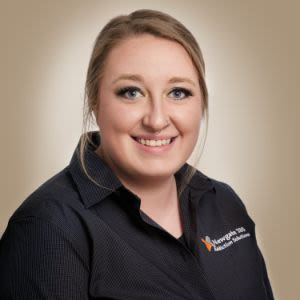
Samantha Clement-Dash
Relapse Prevention and Continuing Care Counselor, Family Support Facilitator
CAI
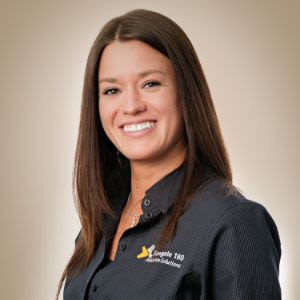
Emily Soulis
Addictions Counselor
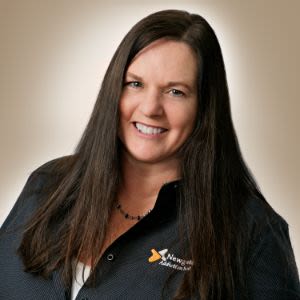
Kelly CB
Case Manager
CCAC

Elise Schuurmans
Addictions Counselor
CYW

Dr. Shawn Yakimovich
Naturopathic Doctor
ND
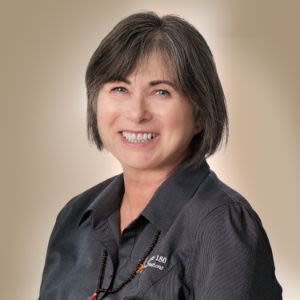
Beverley Bryant
Relapse Prevention and Continuing Care Counselor
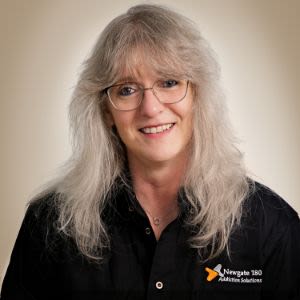
Sherri-Lyn Hartley
Dietary Aid and Cook
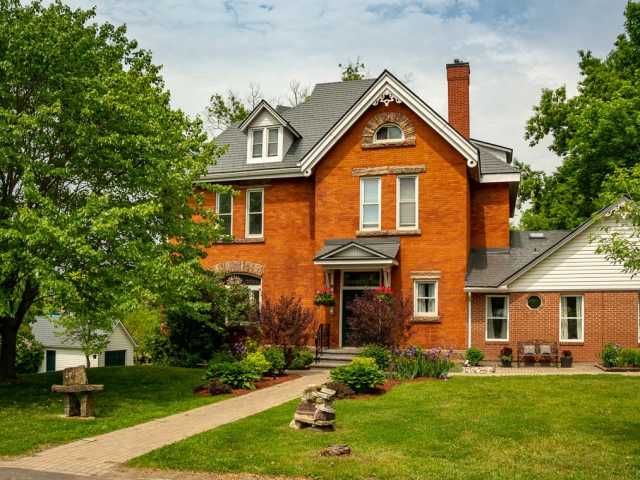



Levels of Care






Your Care Options
Specializations
Alcohol
Using alcohol as a coping mechanism, or drinking excessively throughout the week, signals an alcohol use disorder.
Benzodiazepines
Benzodiazepines are prescribed to treat anxiety and sleep issues. They are highly habit forming, and their abuse can cause mood changes and poor judgement.
Cocaine
Cocaine is a stimulant with euphoric effects. Agitation, muscle ticks, psychosis, and heart issues are common symptoms of cocaine abuse.
Drug Addiction
Drug addiction is the excessive and repetitive use of substances, despite harmful consequences to a person's life, health, and relationships.
Gambling
Excessive, repetitive gambling causes financial and interpersonal problems. This addiction can interfere with work, friendships, and familial relationships.
Heroin
Heroin is a highly addictive and illegal opioid. It can cause insomnia, collapsed veins, heart issues, and additional mental health issues.
Psychedelics
Hallucinogenic drugs—like LSD—cause euphoria and increased sensory experiences. When abused, they can lead to depression and psychosis.
Methamphetamine
Methamphetamine, or meth, increases energy, agitation, and paranoia. Long-term use can result in severe physical and mental health issues.
Opioids
Opioids produce pain-relief and euphoria, which can lead to addiction. This class of drugs includes prescribed medication and the illegal drug heroin.
Who We Treat
Older Adults
Addiction and mental health treatment caters to adults 55+ and the age-specific challenges that can come with recovery, wellness, and overall happiness.
Young Adults
Emerging adults ages 18-25 receive treatment catered to the unique challenges of early adulthood, like college, risky behaviors, and vocational struggles.
Midlife Adults
For adults ages 40+, treatment shifts to focus on the unique challenges, blocks, and risk factors of their age group, and unites peers in a similar community.
Pregnant Women
Addiction and mental health treatment meets the clinical and psychological needs of pregnant women, ensuring they receive optimal care in all areas.
Women only
Women attend treatment in a gender-specific facility, with treatment delivered in a safe, nourishing, and supportive environment for greater comfort.
Approaches
Evidence-Based
A combination of scientifically rooted therapies and treatments make up evidence-based care, defined by their measured and proven results.
Holistic
A non-medicinal, wellness-focused approach that aims to align the mind, body, and spirit for deep and lasting healing.
Twelve Step
Incorporating spirituality, community, and responsibility, 12-Step philosophies prioritize the guidance of a Higher Power and a continuation of 12-Step practices.
Gender-Specific
Separate treatment for men or women can create strong peer connections and remove barriers related to trauma, shame, and gender-specific nuances.
Therapies
1-on-1 Counseling
Patient and therapist meet 1-on-1 to work through difficult emotions and behavioral challenges in a personal, private setting.
Meditation & Mindfulness
A practiced state of mind that brings patients to the present. It allows them to become fully aware of themselves, their feelings, and the present moment.
Trauma-Specific Therapy
This form of talk therapy addresses any childhood trauma at the root of a patient's current diagnosis.
Art Therapy
Visual art invites patients to examine the emotions within their work, focusing on the process of creativity and its gentle therapeutic power.
Couples Counseling
Partners work to improve their communication patterns, using advice from their therapist to better their relationship and make healthy changes.
Expressive Arts
Creative processes like art, writing, or dance use inner creative desires to help boost confidence, emotional growth, and initiate change.
Conditions We Treat
Codependency
Codependency is a pattern of emotional dependence and controlling behavior. It's most common among people with addicted loved ones.
Gambling
Excessive, repetitive gambling causes financial and interpersonal problems. This addiction can interfere with work, friendships, and familial relationships.
Gaming
Compulsive gaming is most often a problem for children and teens. The disorder can affect physical health, sleep, and the ability to focus at school.
Stress
Stress is a natural reaction to challenges, and it can even help you adapt. However, chronic stress can cause physical and mental health issues.
Substances We Treat
Alcohol
Using alcohol as a coping mechanism, or drinking excessively throughout the week, signals an alcohol use disorder.
Benzodiazepines
Benzodiazepines are prescribed to treat anxiety and sleep issues. They are highly habit forming, and their abuse can cause mood changes and poor judgement.
Co-Occurring Disorders
A person with multiple mental health diagnoses, such as addiction and depression, has co-occurring disorders also called dual diagnosis.
Cocaine
Cocaine is a stimulant with euphoric effects. Agitation, muscle ticks, psychosis, and heart issues are common symptoms of cocaine abuse.
Drug Addiction
Drug addiction is the excessive and repetitive use of substances, despite harmful consequences to a person's life, health, and relationships.
Heroin
Heroin is a highly addictive and illegal opioid. It can cause insomnia, collapsed veins, heart issues, and additional mental health issues.
Psychedelics
Hallucinogenic drugs—like LSD—cause euphoria and increased sensory experiences. When abused, they can lead to depression and psychosis.
Methamphetamine
Methamphetamine, or meth, increases energy, agitation, and paranoia. Long-term use can result in severe physical and mental health issues.
Languages
Aftercare
Care Designed for Your Needs
Personal Amenities
Amenities
Special Considerations
Flexible technology policies
Centers with flexible technology policies allow professionals to stay in touch with work and give patients a greater sense of connection and normalcy.
Gender-specific groups
Patients in gender-specific groups gain the opportunity to discuss challenges unique to their gender in a comfortable, safe setting conducive to healing.
Activities
Yoga
Yoga is both a physical and spiritual practice. It includes a flow of movement, breathing techniques, and meditation.
Off-Site Activities
What people are saying
Treatment
4.5
Accommodations
4.6
Food & Nutrition
4.6
Value
4.8
Pros
- Supportive Aftercare (3)
- Easy to Work With (2)
- Smooth Transition (2)
- Communicates Client's Progress (2)
BH
Treatment in 2022 • (27 days) • Reviewed 10/26/23
Loved One of a Former Client
Steve Wanless
Reviewed 10/26/23
Referring Professional
•Drug & Alcohol Addictions Coordinator
Tamer
Reviewed 11/15/23
Referring Professional
•Pharmacist
Cal
Treatment in 2023 • (30 days) • Reviewed 11/01/23
Former Client
•Communications






